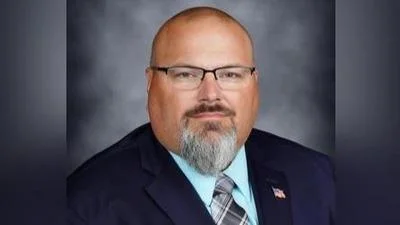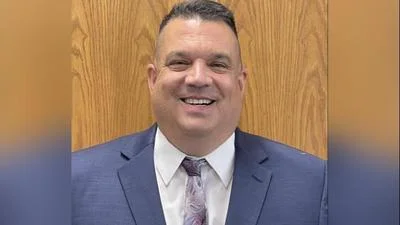State Senator Romaine Quinn | Wisconsin State Legislature
State Senator Romaine Quinn | Wisconsin State Legislature
Madison, Wis. — Senator Romaine Robert Quinn (R-Cameron) expressed his pride as his Flood Resilience Bill, aimed at improving wetlands to manage flooding, was signed into law this week.
"We in the north are all too familiar with flooding, which is one of the most frequent and costly natural disasters in Wisconsin," Senator Quinn stated, highlighting the urgent need for proactive measures in addressing flooding challenges.
Senator Quinn emphasized the necessity for a new approach, stating, "A new approach was needed." The bill, officially known as Senate Bill 222 and now Wisconsin Act 265, mandates Wisconsin Emergency Management to provide grants for projects focused on enhancing flood vulnerabilities and resilience priorities in communities.
Working collaboratively with various organizations, Senator Quinn introduced and successfully passed the legislation, receiving support from groups such as the Wisconsin Wetlands Association, Wisconsin Towns Association, Wisconsin Trout Unlimited, and Audubon Great Lakes.
"We want to encourage natural flood management, allowing the land to capture, store, and slowly release runoff," Senator Quinn explained, underscoring the importance of utilizing natural techniques to combat flooding while simultaneously restoring wetlands.
The Flood Resilience Bill will allocate up to $300,000 per assessment grant and $250,000 per implementation grant to assist cities, villages, towns, counties, regional planning commissions, or tribes in implementing interventions to enhance landscape resilience against floods.
Senator Quinn highlighted the significance of the program, stating, "Now that the bill has become law, communities ready to apply can serve as a model for how to use wetlands to promote natural flood resilience techniques." The initiative aims to establish successful flood resilience models that can be replicated across Wisconsin, contributing to cost savings and enhancing the state's safety and environmental quality.






 Alerts Sign-up
Alerts Sign-up